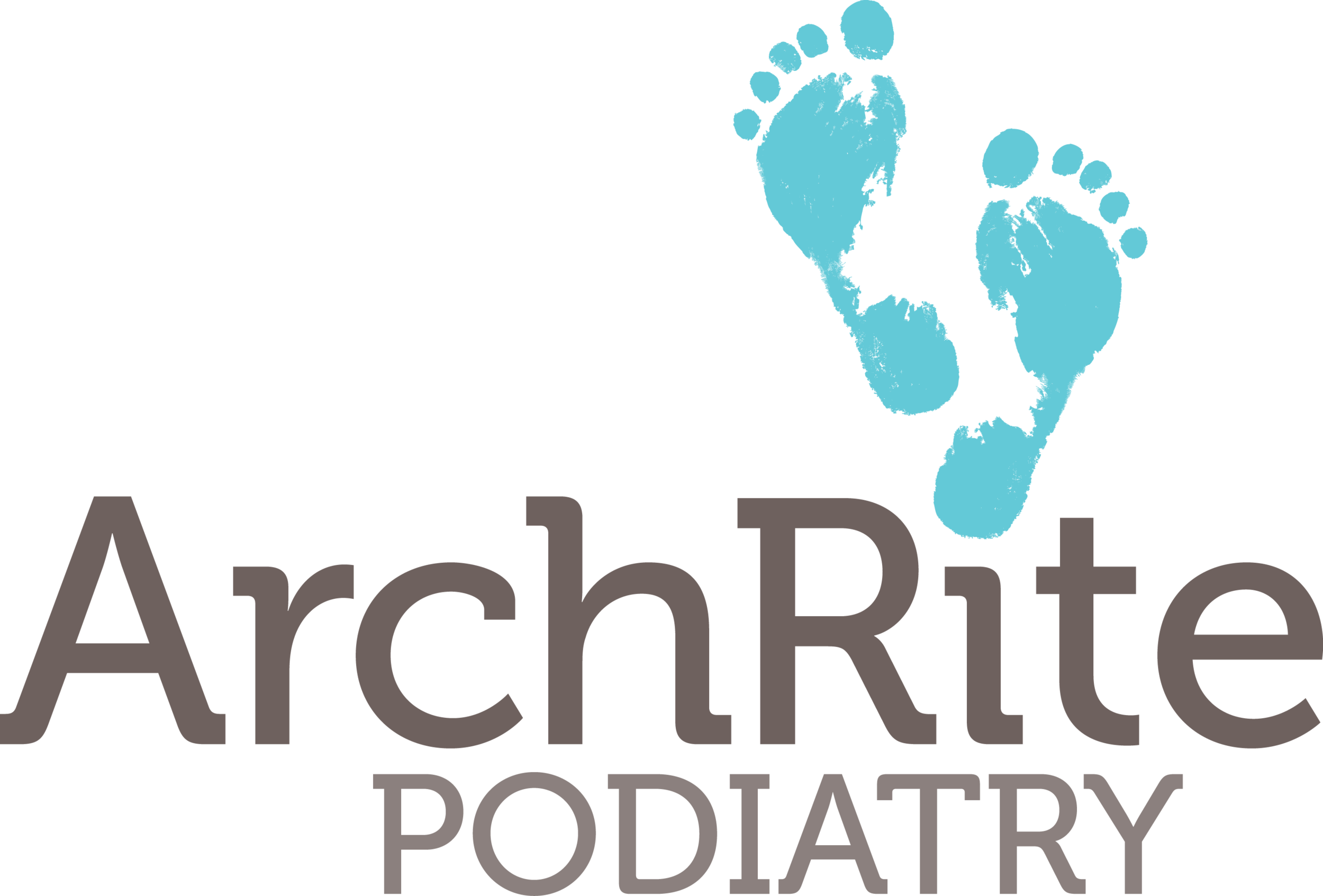What is heel pain and how can it be treated?
Heel pain is a very common foot complaint and may involve injury to the bone, fascia, muscles, tendons or the fat pad.
Types of heel pain might include heel bone fractures which usually only occur with significant trauma like falling from a height or coming off a bike at speed. People who sprain their ankles frequently; athletes and dancers can suffer from a heel pain known as posterior impingement. This can be a bony impingement or thickened tissues behind the ankle joint that result in heel pain. Bursitis can also occur behind the heel bone and becomes very inflamed, making it difficult to even put shoes on. And of course, bruising of the fat pad or a foreign body like glass or a wood splinter are also likely causes of heel pain.
Planter Fasciitis
Plantar fasciitis is in fact one of the most common causes of heel pain. It involves pain and inflammation of a thick band of tissue called the plantar fascia, which runs across the bottom of your foot. The type of heel pain that can occur with injury to the plantar fascia may be a throbbing or stabbing pain, which is often worse after rising from bed in the morning or after a period of rest. Burning pain on the outside edge of the heel can also occur. And a generalised ache is not uncommon during the day, especially if you are on your feet for long periods. Plantar fasciitis can develop into a heel spur if the fascia is not given a chance to heal. Our Podiatrists are very experienced in treating plantar fascia and heel pain and we have numerous treatment options to choose from.
Our Perth podiatrists frequently recommend the PediRoller as an easy way to start stretching the plantar fascia. The PediRoller is essentially an exercise aid that offers relief from common heel and arch foot pain. Visit our blog post for more information on the PediRoller!
Achilles Tendonitis
Pain and swelling at the back of your heel is more likely to be tendon pain, often called Achilles tendonitis. The Achilles tendon is the connective tissue at the end of the calf muscle that attaches into the heel bone. There are many reasons why you’re Achilles tendon might be playing up. It may simply be that your calves are tight or your feet are flat and the tendon is being put under too much strain. Or it may be related to the way you are training and playing sport. The important thing is to get help as soon as possible because untreated a thickened tendon is much more likely to rupture. There are very simple techniques to improve tendon heel pain and rehabilitate you back to your active lifestyle.
Do you suffer from Cracked Heels?
Are your cracked heels causing you pain? Cracked heels are a common skin condition which allows the skin around the heel to become hard, dry and therefore, crack! Ouch! The feet endure stress during daily activities so naturally, the skin can create thicker, harder skin around the heel as a protective layer. The heels in particular can become very dry and sore after long days in the sun or wearing unsupportive footwear.
For intense cracked heels, we recommend seeing your local podiatrist for recommended treatments and preventative products. We can also recommend the best footwear to avoid cracked heels!
Read our blog post for more information.
Self Help for Heel Pain
Need some temporary at-home relief for heel pain?
Heel pain is such a common complaint and often derives from inflammation of the thick band of tissue called the plantar fascia, which runs across the bottom of your foot. Podiatrists at ArchRite podiatry have numerous treatment options available for patients to help relieve this pain, however, there are a number of ways one can try to help themselves at home!
Check out our blog post which covers some at-home, self-help for heel pain, including the tennis ball stretch.
If these at-home exercises don’t help, we recommend seeing your local podiatrist for a pain assessment and information on the treatment options recommended for you.
Heel Pain in Children?
Heel pain in children is not unheard of either. It is possible for kids to develop plantar fasciitis and tendonitis, but more commonly the issue is Sever’s disease. This is a disturbance of the blood flow to the growth plate in the heel bone (calcaneus) due to increased or unusual mechanical stresses, which results in a very painful bone inflammation. This kind of heel pain is a true “growing pain”, but should not be ignored as it can worsen to the point where forced rest is required. Kids with Sever’s disease are often very active children who might even try to continue running or playing their favourite sport even though they are limping afterwards. 10 to 16 year olds are most often affected. A careful assessment of your child’s gait and biomechanics; footwear and sporting involvement will give our Podiatrist’s what they need to know to treat the problem and resolve the pain.
Read more on children’s podiatry
So whatever the cause, heel pain is very unpleasant and can be treated effectively when properly diagnosed. Come in and see our heel pain experts and let us help you improve the way you’re feeling! You can book online or call our clinic to make an appointment and address your problem today.





